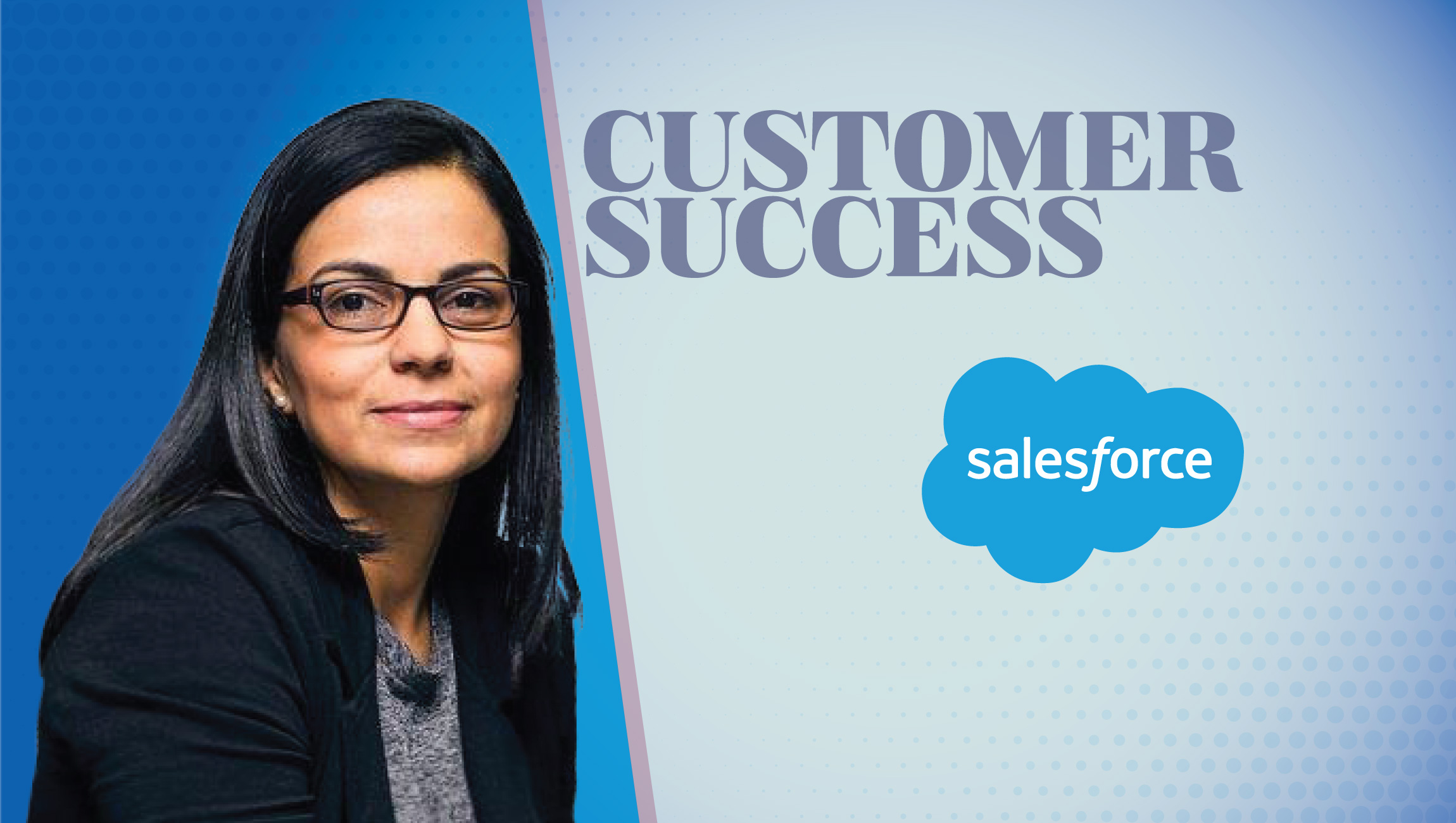Could you tell us how you identified the various online and offline channels for the report?
At the broadest level, we wanted to look at physical and digital stores. We realized we needed to look at e-commerce more granularly though, and settled on three types of properties:
- Online marketplaces, like Amazon
- Retailers’ e-commerce properties, like Walmart.com
- Brands, themselves, like adidas.com, which are taking a greater share of wallet as direct-to-consumer (D2C) business models gain in popularity
When we decided to research the channels that shoppers use across their journeys — from when they discover products to when they buy them to when they request customer service — our goal wasn’t really to evaluate which channels were the most popular. Rather, we wanted to get a sense of “what’s next” by asking about shoppers’ views of “emerging” channels. For instance, we were curious about how different generations discover products on social media or through influencers, the popularity of mobile wallets for actually making purchases, or SMS/text for requesting customer service.
What Market Research techniques were used to collect, measure and analyze behavioral data for connected CX?
We drafted a questionnaire of twenty questions and fielded it to the general population through a third-party research vendor. We use double-blind survey methodology — meaning that respondents aren’t aware of who has commissioned the study and we don’t know the identity of respondents beyond their demographic information. Data is self-reported. We segmented results by geography and age through SPSS statistical software for our analysis.
We know that B2B marketers are very much compliant with GDPR and other privacy-related standards. How is the scenario in the Retail/E-commerce industry?
For any retail or e-commerce business to succeed, they must become GDPR-compliant. However, the majority of consumers (63% to be exact) say companies don’t use their data transparently.
At Salesforce, this is something that we’re able to help support our customers with. Our products, like Commerce Cloud, are complete with features that not only enable merchants to comply with GDPR but also serve as a trusted partner to their customers — ensuring that all commerce operations remain reliable, compliant and secure.
Do you think such data privacy challenges could be disruptive in delivering Personalized, Connected Shopping Experience to consumers?
Regulations like GDPR are really an opportunity to enhance the customer experience in an ethical and transparent way.
Personalization is something that is valued by the end-user and also the business — it increases loyalty and generates measurable ROI for businesses. In fact, consumers have become increasingly comfortable exchanging their data for a more tailored experience. We’re seeing this come to life the most with Gen Z, which is the first connected generation (the internet has existed since they were born), and they are earning the title of “Artificial Intelligence natives.” They expect their data to be used for their experience to be adjusted in real-time just for them.
I don’t expect this trend will be disrupted, and brands that have the highest security and privacy protections will have the competitive advantage over the ones that don’t.
We are yet to see a reliable product recommendation tool in retail that truly provides the exact thing I am looking to buy online or shopping. Where are we getting at, with that level of intent-based product recommendation and targeting?
Artificial Intelligence (AI) in general, will just continue to get better and better — we’re still in the fairly early stages right now.
Salesforce Commerce Cloud actually comes out-of-the-box with an Artificial Intelligence layer called Einstein, baked into the platform. This layer provides capabilities to deliver a more personalized experience with Artificial Intelligence as well as Machine Learning, so the platform is able to learn and provide a more tailored experience each time.
- Einstein Product Recommendations – Inspire customers with highly relevant product recommendations tailored to every shopper, even unauthenticated users. Einstein Product Recommendations eliminates the guesswork with automatically personalized merchandizing on each web page.
- Einstein Predictive Sort – Boost conversions by connecting people to the products they seek. Einstein Predictive Sort automatically tailors search and category pages based on every action a shopper makes — even in micro-moments on mobile devices.
- Einstein Commerce Insights – Understand purchasing behavior with Einstein Commerce Insights — a powerful shopping basket dashboard that analyzes your customers’ habits. Plan and promote better shopping experiences by diving deep into the metrics with easy visual tools that require zero training.
- Einstein Search Dictionaries – Never miss a search term again. Einstein Search Dictionaries consume all site searches to reveal popular terms that are not currently in your dictionaries. Algorithms then recommend an appropriate synonym list, guaranteeing relevant search results every single time.
In your report, Voice commerce was the most enticing technology. Could you tell us about Voice Commerce initiatives and how Salesforce users can leverage Commerce Cloud to stay ahead in this competitive retail space?
Voice is such an exciting innovation right now. Similar to AI, it too is in the early stages but we’re excited for it to continue to evolve. For Commerce Cloud specifically, voice will continue to have more of a presence in our product offering. Right now, customers can use basic voice-search functionality via their smartphone to search for a product but we expect this will continue to evolve.
Over the past year, we’ve introduced voice capability across the platform that enables users to talk directly to Salesforce – keep an eye out for more to come in the next few months.
Read more: Online Marketplaces Have Wallet Share but Retailers Are Not Far Behind: Salesforce Report
How is the APAC and EMEA different from the American retail tech market? How does Salesforce plan to study and deliver on its Connected Shopping Experience promises in these regions?
We did not survey India or China.
What we found in our Connected Shoppers Report is that EMEA and APAC shoppers are more likely than AMER shoppers to make purchases directly with brands. Additionally, shoppers in the UAE make more of their purchases directly with brands than any other country we surveyed (23%).
A few other interesting learnings:
- EMEA and APAC shoppers have, on average, more shopping apps on their phones than do AMER shoppers, while Canadians have the lowest average number of mobile shopping apps (1.8) and those in the UAE (4.59) and Hong Kong (4.46) have the most.
- Click-and-collect is most popular in the UK and Ireland (74% of UKI shoppers have done it) and least popular in Japan (25% of Japanese shoppers have done it).
- APAC shoppers are more likely than EMEA and AMER shoppers to look up products on their phones while in-store. Specifically, Indonesian shoppers (86%) and UAE shoppers (79%) are the most likely to do this, while Japanese shoppers (36%) and German shoppers (38%) are the least likely to do this.
- High-velocity social media, APAC shoppers are the more likely than EMEA and AMER shoppers to buy products on social media — shoppers in Indonesia (58%), Hong Kong (52%) and UAE (46%) are the most interested in this.
What are your predictions for the retail tech industry for 2020-2024? How do you see competition from the likes of Amazon, Google, Adobe, Oracle and other players servicing to retail making this marketplace more complex for consumers to choose from?
We are excited about the Digital Transformation that retailers are experiencing. We anticipate that consumers will continue to evolve how they shop and it will increasingly be about context and convenience. Retailers will differentiate on the combination of product, service, and experience and they will need to be ready to embrace a high velocity rate for change.
Our focus is always about what will help our B2C and B2B customers succeed. We understand the complexities that consumers are facing, and we believe our platform simplifies the journey to retailers and consumers.
Lidiane Jones is the Senior VP of SW Product Management at Salesforce. Lidiane leads a growing team responsible for helping the world listen better by bringing together the best listening experience through a variety of partners and services.












